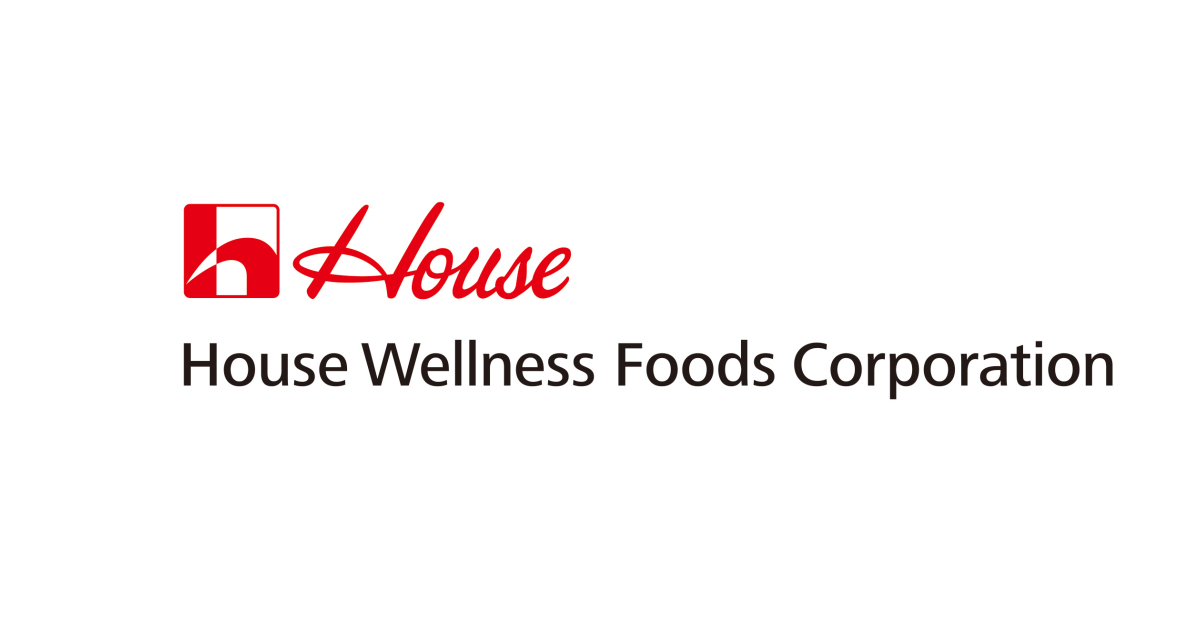Satoru Onoda
Onoda_Satoru@house-wf.co.jp
Study Shows House Wellness Foods’ Breakthrough Feed LP20® Can Advance the Potential of Rivers and Seas to Feed Our Emerging World
- TOKYO - Wednesday, 31. March 2021
- AETOSWire
(BUSINESS WIRE)-- Vietnam is a nation that has seen its share of turmoil and suffering over the past century, and emerged from it with strength, enthusiasm, dedicated to progress and self-sufficiency. Over the past 50 years its participation on the global stage has steadily risen, with ever-increased attention to commerce, health, and education.
As much as 35% of Vietnam’s aquacultural activity is built around river farming of the juvenile striped catfish [Pangasianodon hypophthalmus], making it the world’s largest producer of this nutritious staple, not only for its own consumption but for export to China, Europe, and elsewhere.
Vietnam’s story is one of many that expose the dual edge of farming to emerging populations. It’s been the keystone of civilization’s advancement since the dawn of humankind, but where resources are limited and need is great, farming’s potential hazards become viciously clear. Overstocked waters turn hazardous to human life due to excessive waste production and a rise in bacteria, parasites, fungi, and viruses. Overstocked waters produce fish that are increasingly malnourished, enervated, injured, and unable to reproduce.
The reflex response to this blight has been the use of antibiotics to keep weakened fish populations alive. Apart from expense, before long, disease-inducing agents mutate to resist the antibiotic, which, in turn, leads to the use of more varied antibiotics, causing a dangerous downward spiral. All the while antibiotics are entering the food chain and turning up in the human metabolic system to unpredictable, deleterious effect. Promise quickly turns to peril for the farmer, for the consumer, and for the future of vital aquaculture.
Feed LP20® can reverse this tide…
The details of this new study show its dramatic impact. In summary, researchers fed test stocks a diet supplemented with heat-killed Lactobacillus plantarum, strain L-137, the active ingredient in Feed LP20®. Key to the high effectiveness of Feed LP20® is the heat-killing process. It fully utilizes the strain’s characteristics, an area where House Wellness Foods holds an unparalleled position of authority based upon years of peer-reviewed testing and research, and continuous refinement of the development process. Heat treatment hardens bacillary cell walls and fixes their genetic material. Not only does this enable HK-L137 to resist initial breakdown in the upper gastric system, but it can be cooked, processed, stored, and administered in an aquatic environment without compromising potency. Further, both its ability to stimulate immune cytokine interleukin 12 and its shelf life far surpass that of any living lactobacillus supplement.
House Wellness Foods and the introduction of immunobiotics
Immunobiotics promote health by triggering immune responses in the mucosa. House Wellness Foods, one of Japan’s most trusted names in food production, began its exploration of immunobiotics and their ability to bolster human immune response, support liver function, and ameliorate the causes of chronic disease over three decades ago, and the culmination of their intensive research and meticulous development was their flagship Immuno-LP20®, with its active component of 20% heat-treated Lactobacillus plantarum L-137 (HK-L137). This potent lactobacillus follows a dual course on assimilation. It initiates production of signal molecule IL-12 and IFN-β cells — the latter being the most important single cytokine responsible for inhibiting viral multiplication; and it subsequently stimulates T cell activity and the production of both NK and cytotoxic T (CTL) effector cells, boosting innate immunity and fostering antibody creation as an adjunct to the adaptive immune response.
House followed the worldwide success of Immuno-LP20®, with the development of Feed LP20®, an alternative to antibiotics, and to the costly, unreliable, and lengthy process of cultivating disease-resistant strains of livestock. The overarching principle of immunobiotic therapy in both land-based and aquatic livestock is that the power to fight disease already exists within every living cell of the organism. Prior to the present study, Feed LP20® proved its remarkable effectiveness in other aquatic stock, including white leg shrimp and Nile tilapia. It recently began marketing in the EU as a complementary feed for poultry, swine, and salmonid.
The proof is in the food chain
The study shows that juvenile striped catfish fed HK-L137-supplemented diets exhibited higher final weight and specific growth rate than controlled stock given ordinary feed. The fish showed higher survival rate, longer life, better feed conversion ratios, weight gain, better protein efficiency ratios, and increased reproductive capacity. Further, a test sub-group was administered a bacterial challenge mirroring a real-life scenario in Vietnamese river farms of their most devastating bacterial threat, Bacillary Necrosis Disease (BNP), caused by the bacterial agent Edwardsiella ictaluri. Part of the test group was injected with this agent, and in every case the cumulative mortality of HK L-137-supplemented groups was lower than the group fed control diet.
Fitter fish, more successful farming, greater financial stability — all of this originating from the power of Feed LP20®, comprising 20% HK-L137, to sustain health through enhanced immunity at the very cellular level. The new study shows the promise of House Wellness Foods’ Breakthrough Feed LP20®, and points to the future of a shared world that is often fragile, yet always filled with hope.
View source version on businesswire.com: https://www.businesswire.com/news/home/20210330005016/en/
